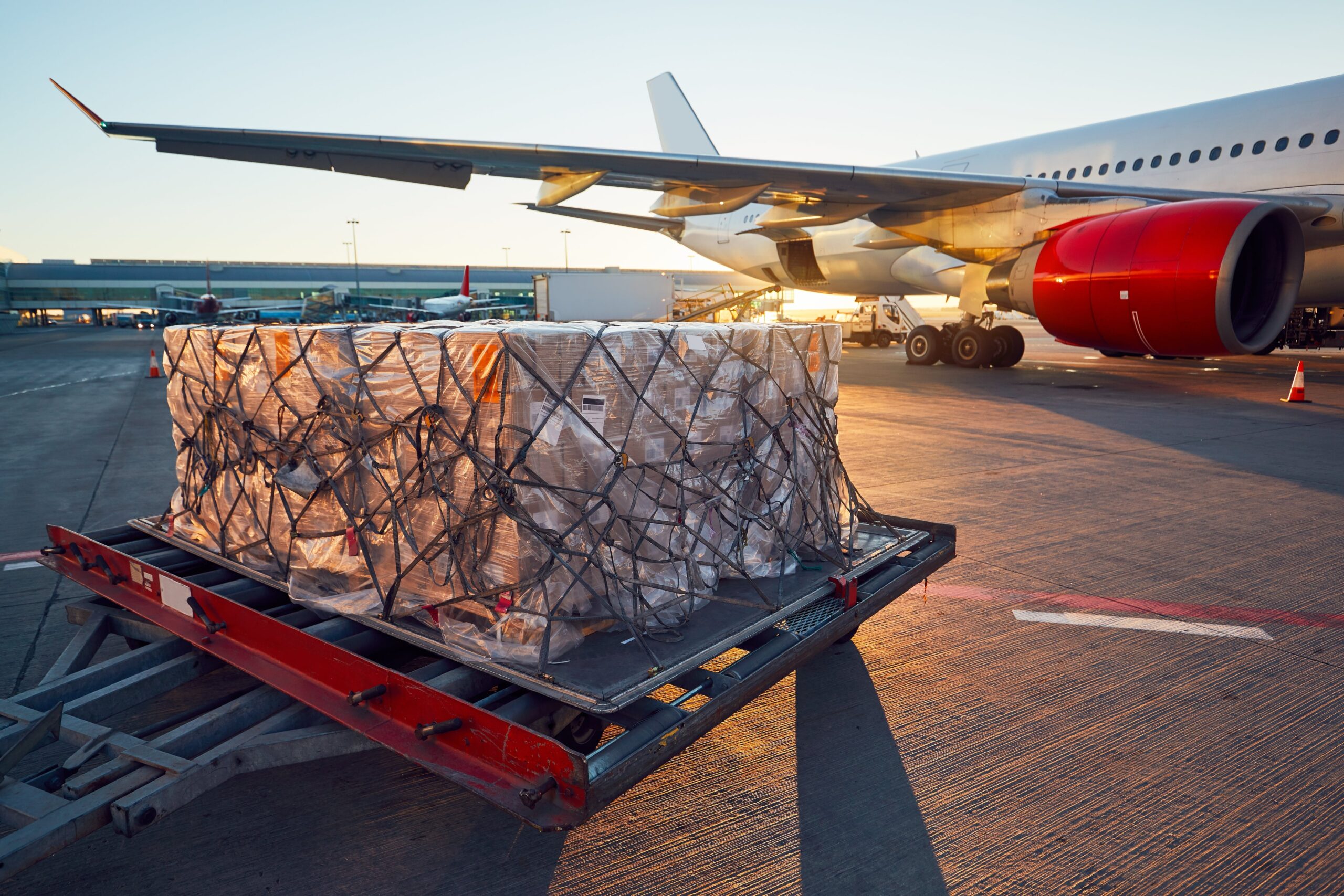Climate change is an urgent challenge that requires immediate action from businesses across all industries. In response to this pressing issue, Vector Global Logistics offers climate solutions for supply chains that not only reduce carbon emissions but also offer an affordable and accessible way for clients to participate in creating a more sustainable future. These inspiring success stories showcase the effectiveness of carbon offsets through ease of implementation and cost-effectiveness, as well as demonstrate how clients are making a difference for a brighter and greener future.
Going Green in the Supply Chain

Vector Global Logistics provides world-class logistics services to clients while prioritizing sustainability and positive social impact. Our goal is to make it easy and cost-effective for clients to pursue climate solutions, thereby nurturing the adoption of greener supply chain practices.
Driving Environmental Impact: Essential Lessons for Applications
Clients have found our carbon offset service to be straightforward to implement because we take the work off their hands.
By providing a simple solution, clients can quickly make a positive impact on the environment and become early adopters in a movement that will soon be required, regulated, and commonplace.
 Low Cost
Low Cost
Clients can offset their carbon emissions with minimal additional expenses to themselves and end-users, making it easy to participate.
 Ease of Implementation
Ease of Implementation
The process of obtaining carbon offset certificates and implementing the service is simple and efficient because we do it on their behalf.
 Certificates and reporting
Certificates and reporting
Clients receive certificates from our partner, ClimeCo, that they can use in their own ESG and impact reporting to make stakeholders aware of their environmental efforts.
These actional sustainability measures provide a roadmap for businesses to prioritize climate solutions for supply chairs through decarbonization initiatives, optimizing for CO2 emissions, and engaging with suppliers in a collaborative manner.
Join the Movement! Climate Solutions for Supply Chains
Vector Global Logistics’ carbon offset service empowers clients to significantly reduce their carbon footprint, contributing to a greener future without significantly cutting into their bottom line.
A Deeper Dive: The Path to Decarbonizing Global Supply Chains

Climate leaders can gain a competitive advantage by attracting better talent, reducing risk exposure, accessing cheaper capital, and creating higher shareholder value. By prioritizing energy efficiency and switching to renewable power, companies can save cash while saving carbon.
The urgent need for businesses to commit to sustainability and take action is indisputable.
Companies can make a significant impact on climate change by addressing their Scope 3 emissions and decarbonizing their supply chains.
According to a joint report by Boston Consulting Group (BCG) and the World Economic Forum, eight supply chains, including food, construction, fashion, and electronics, account for over 50% of global emissions.
By implementing readily available and affordable measures, it’s possible to abate 40% of these emissions. Achieving a net-zero supply chain is possible with limited additional costs.
The following nine initiatives can be undertaken to being decarbonizing your supply chain:
1. Build a baseline and exchange data with suppliers
2. Set ambitious reduction targets on Scopes 1-3 and publicly report.
3. Redesign products for sustainability.
4. Design value chain/sourcing strategies from sustainability.
5. Integrate metrics in procurement standards and track performance.
6. Work closely with suppliers to address their emissions
7. Engage in sector initiatives for best practices and certifications.
8. Scale-up “buying groups” to amplify demand-side commitments.
9. Introduce low-carbon governance to align internal incentives.
Actionable Sustainability Measures
A terrific example of climate solutions for supply chains is Patagonia and its 4-Fold Approach to Supply Chain Decisions. Patagonia screens potential suppliers for sourcing, quality, social, and environmental standards and has a collaborative decision-making process involving sourcing, quality, and social and environmental responsibility teams.
While Patagonia’s efforts will be difficult for most companies to achieve quickly, every company can begin to take steps in the right direction. And as you’ve seen, the cost of deep decarbonization is relatively low, with an increase of only 1-4% in end-consumer prices. Transportation and logistics, which account for 16% of total emissions, can play a significant role in leading change.
Market leaders can thrive by taking an early market position and securing additional competitive advantages for years to come.
Let’s Partner Today for a Greener Tomorrow
At Vector Global Logistics, we belive in doing our part for the planet while providing exceptional logistics services to our clients. By offering carbon offsets to clients, they can reduce their business’s carbon footprint without breaking the bank.
Join the climate solutions movement with Vector Global Logistics and take action toward a greener future. By addressing your Scope 3 emissions and decarbonizing your supply chain, you can make a significant impact on climate change and gain a competitive advantage. Let’s work together toward a more sustainable and socially responsible tomorrow.


